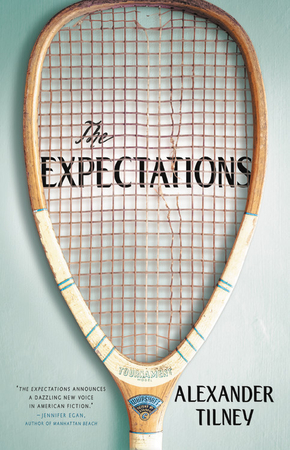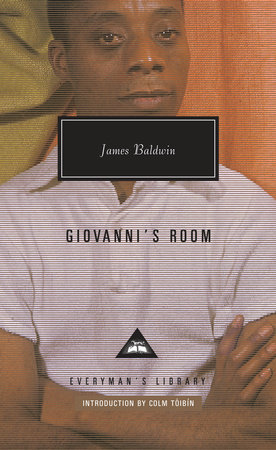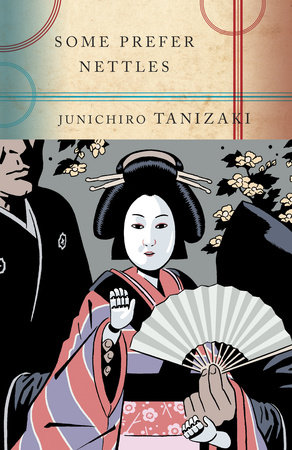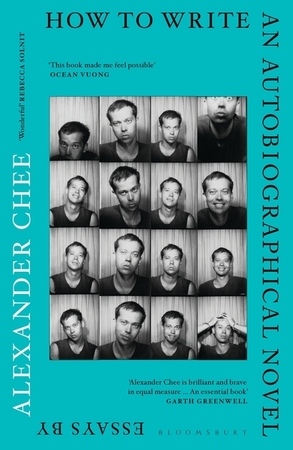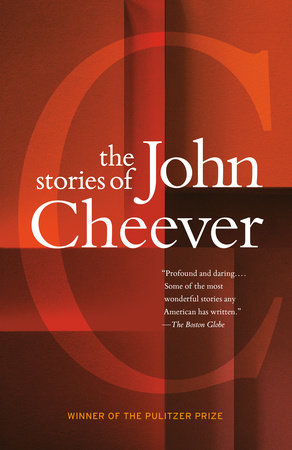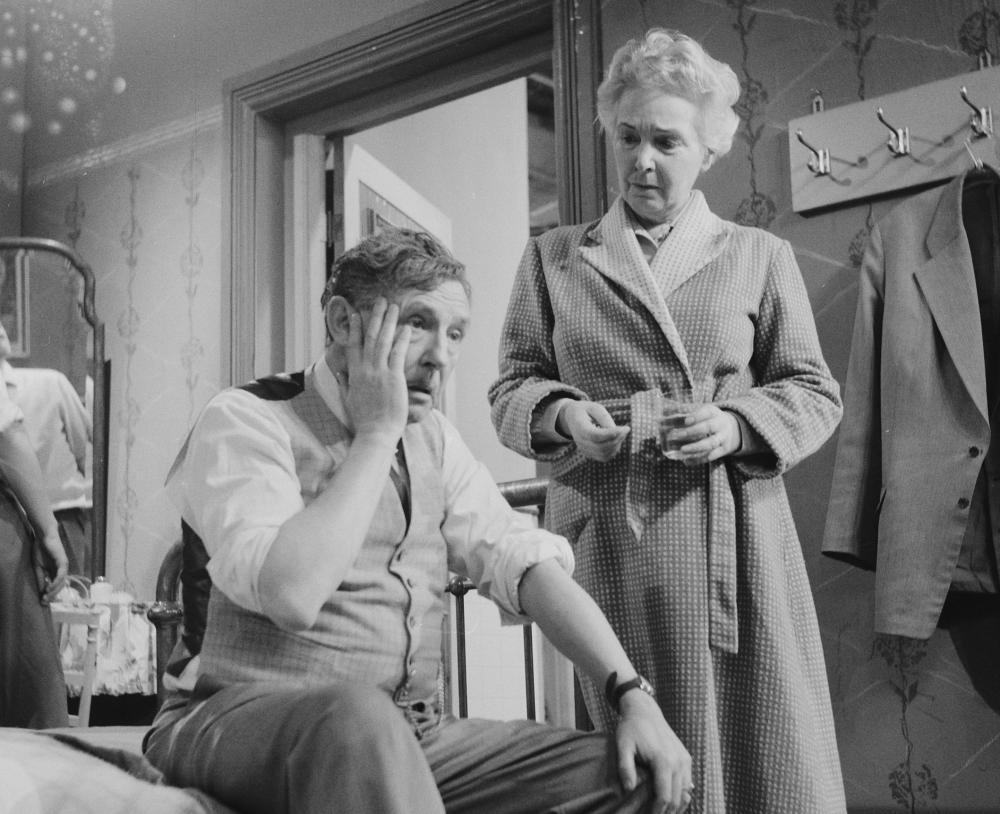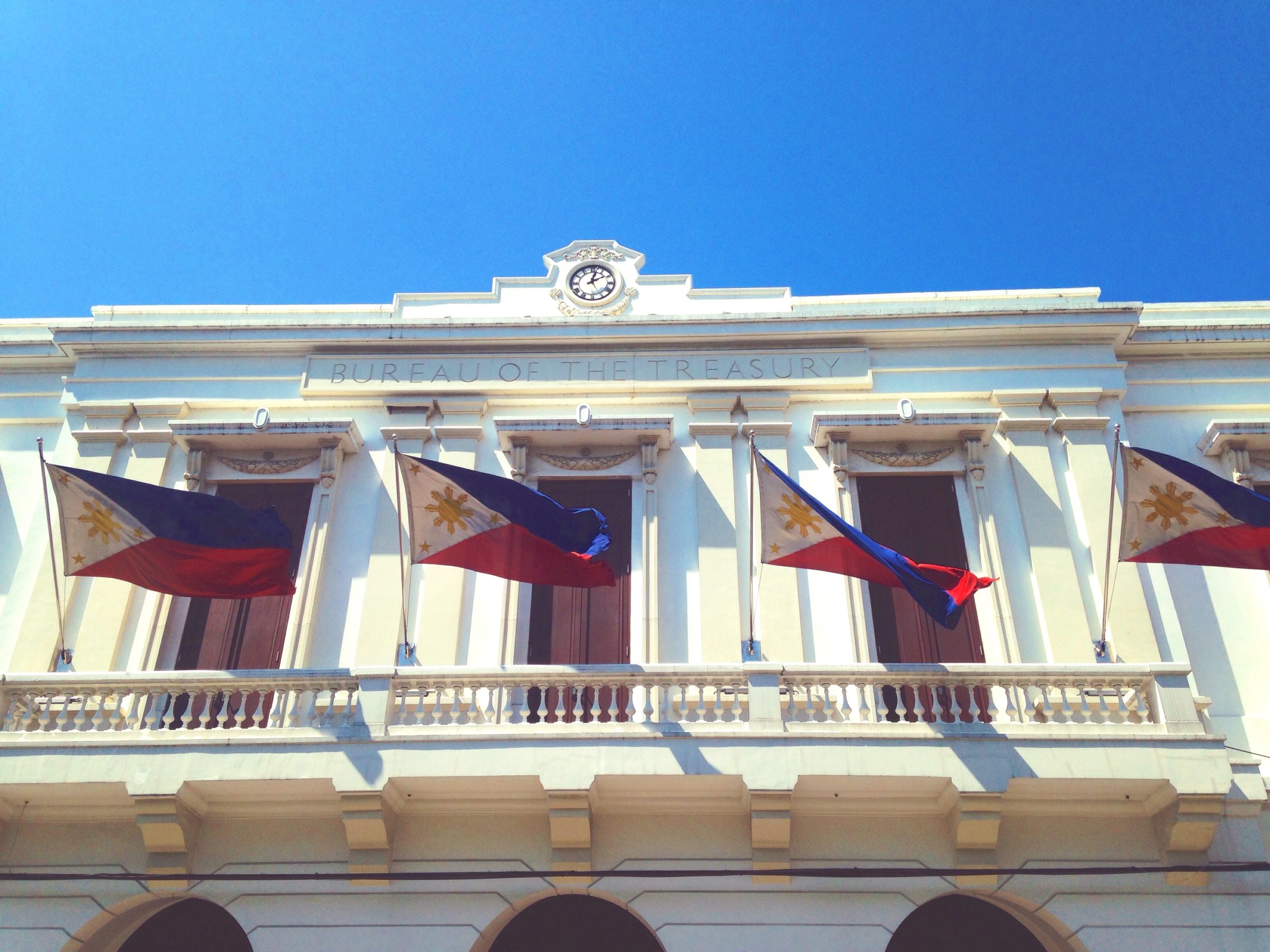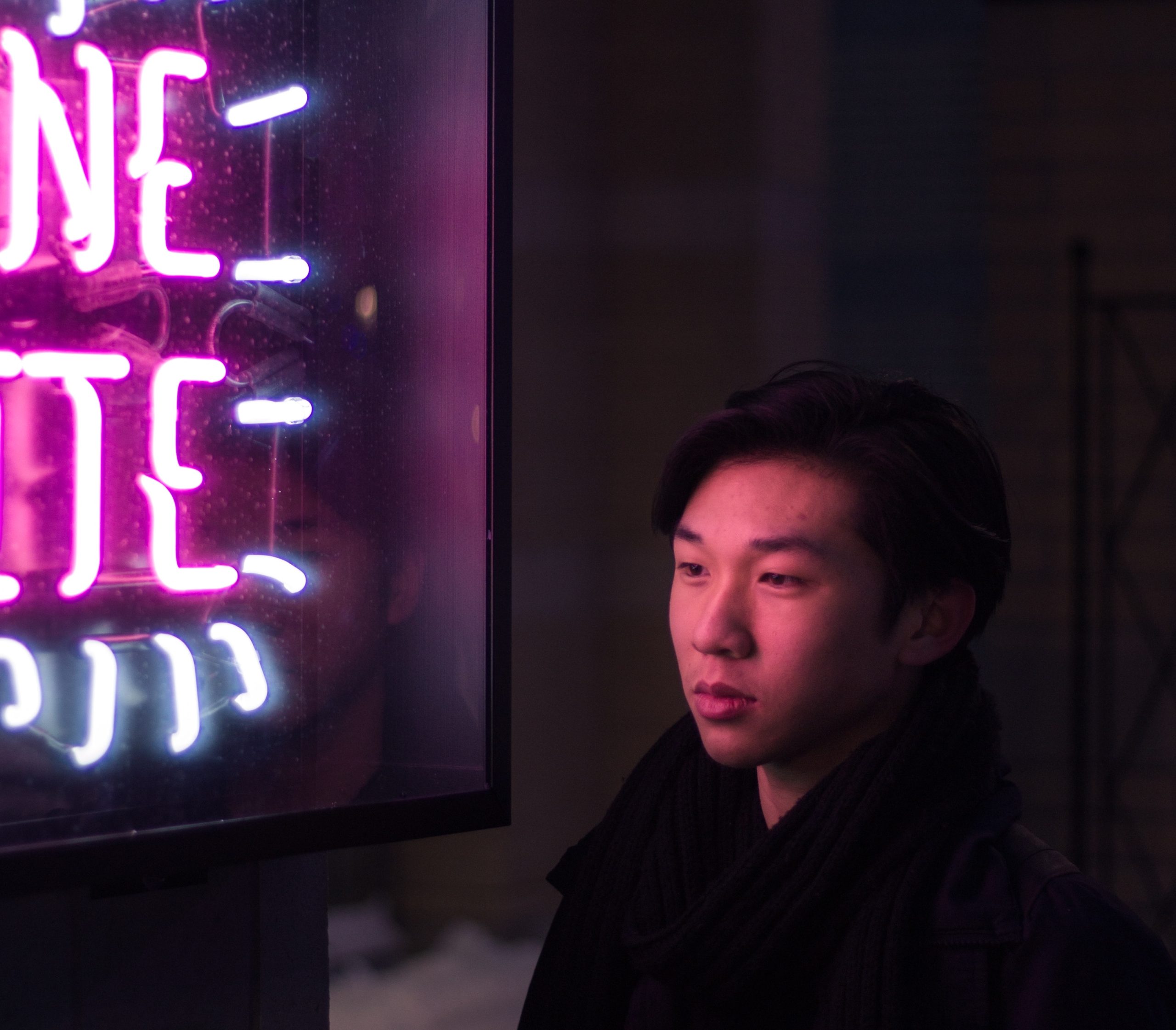Reading Lists
7 Books about WASPs
Alexander Tilney, author of "The Expectations," recommends stories that give more insight into the privileged class

John Cheever stories, A Separate Peace, Mad Men, and other stories about White Anglo Saxon Protestants continue to exert an enduring appeal: there’s magnetism to the blue blazer, the understated hymn, the stiff upper lip attempted and disastrously abandoned. We sorely need many more stories by and about other kinds of people, but by looking straight at WASP culture, treating it as something unusual and strange as opposed to a kind of literary default, we might see the water we swim in and then navigate through it better.
My book, The Expectations, follows Ben Weeks and Ahmed Al-Khaled—a shabby genteel legacy student and an enormously wealthy son of a Dubai sheik—through their first year at St. James School, a traditional training ground for American power. I’m interested in the bargains that elite institutions oblige people from other backgrounds to make, and the snares that people at the center of power structures are caught in.
The book is also about love, legacy, the niche sport of squash, physical bliss/agony, the rise of the United Arab Emirates, money, self-doubt, how cool Tevas were in the 1990’s (why are they back?), and how fun it is to go sledding with your friends. Ultimately, it wonders what WASP culture actually is.
I love these seven books for giving an unexpected view of the American WASP—a stranger, harsher, more compassionate side—as well as the other kinds of people that WASPs crash into.
Giovanni’s Room by James Baldwin
Baldwin was under enormous pressure to write a “Negro experience” follow-up to Go Tell it On The Mountain. Instead he wrote the story of a white, well-to-do American in Paris, running from his fiancée back home and falling in love with an Italian man. Baldwin gives an exceptionally nuanced view of a person suffering the consequences of denying a part of himself in order to be the type of person he is expected to be. With some of the twentieth century’s best sentences, Giovanni’s Room is among the bravest, most loving, most heartbreaking books ever written.
Some Prefer Nettles by Junichiro Tanizaki
No understanding of WASPs would be complete without an understanding of colonialism, especially cultural colonialism. Aristocratic husband and wife Kaname and Misako belong to the ruling elite of 1920’s Tokyo, and they have acquired all the right Anglo clothes and cultivated attitudes. Kaname has built a Western-style pavilion onto his house, is fascinated by American movies, and compulsively reads an English translation of One Thousand and One Nights. But the couple is almost mute with each other and powerless to choose the divorce they both desire, and the repression of Japanese and Western white culture progressively suffocates them. The husband, Kaname, begins to see traditional Japanese culture in a new way—as a fresh expression of everyday existence rather than a musty relic—but we suspect it is much too late for him. A masterpiece.
Our Kind by Kate Walbert
A spectacularly innovative portrait of the consequences of post-WWII conformity in the lives of WASP women. Marriage, prosperity, stability: what more could they want? Now that these women are divorced, adrift, watching their lives wobble and crash, they see to the core of all the WASP fictions. Told in the first person plural (“We were beautiful then: newly married, not yet mothers”), Our Kind is a devastatingly observant, laugh-out-loud, outraged howl from an entire generation of white women who were told they were to be envied but who landed short of liberation.
How to Write an Autobiographical Novel by Alexander Chee
Chee’s brilliantly lucid collection is about everything—self-discovery, politics, art—and his essay about working as a waiter in the house of ur-WASP and bigot William F. Buckley is an instant classic. Being required to make oneself acceptable to straight white people is a grim and common predicament, and Chee does not refrain from skewering the snobbery, the lethal hypocrisy, the depressingly expensive décor. But through his anger he’s able to maintain an almost heroic compassion. His depiction of Pat Buckley—heiress, battle-axe, generous patron in the early fight against AIDS—so drunk she can hardly focus her eyes, trying to express gratitude to the waitstaff at a summer party, is as moving as any writing I can remember.
Angels by Denis Johnson
A New Yorker writer once observed, “Elvis Presley was a white Anglo-Saxon Protestant, as is Bill Clinton, but they are not what anyone means by ‘Wasp.’” Denis Johnson’s debut novel Angels could serve as a response to this—or a rebuke—as it follows with hallucinatory urgency the lives of Jamie and Bill, two poor white Americans trying to hold back the tide of addiction and disaster. There is a rare, almost religious intensity to this book, and a total devotion to the interior life of people often overlooked and disdained by the rest of American culture. It’s also hard to believe any mortal could write this beautifully.
The Stories of John Cheever
Not every title in this list can be totally unexpected. John Cheever is the original, the Rosetta Stone of WASPitude, the haunted genius who launched a thousand clichés. But please, please read him, or read him again. Just when you think you can predict his golfers and his Garden Club members, just when you think you know all about the highballs and 6:26 trains to Manhattan, human strangeness lights up the night and the very lines of reality start to blur. Listen to how his people worry about money: “Now and then she would speak in her sleep—so loudly that she woke her husband. ‘I can’t afford veal cutlets,’ she said one night.” Listen to what happens when a well-past-his-prime athlete tries to find his old varsity sweater in the attic: ““Kneeling on the floor to open a trunk, he broke a spider web with his lips. The frail web covered his mouth as if a hand had been put over it.” Now that’s danger. That’s the uncertain spark of life.
The Protestant Establishment: Aristocracy and Caste in America by E. Digby Balzell
Okay, this sociological study of American aristocracy might seem like heavy sledding. And you might find Balzell’s faith in the aristocratic ideal—institutions of democracy, learning, and selflessness creating a leadership class from all Americans, not just white Protestants—hopelessly blinkered and self-serving. And you’d probably be right. But Balzell coined the term “WASP,” and he is pitiless in exposing the anti-Semitism, greed, and laziness that he worried were eroding what was best about America. Whether you agree with him or not, this book provides essential insight into the structure of the country’s power, as well as the opportunities and disasters it continues to create. Plus, his name is too good.




